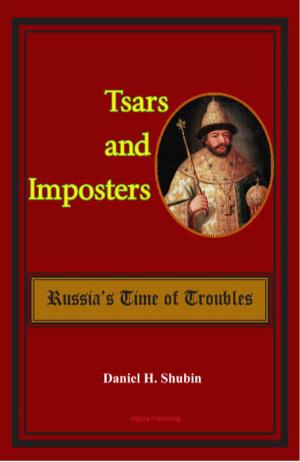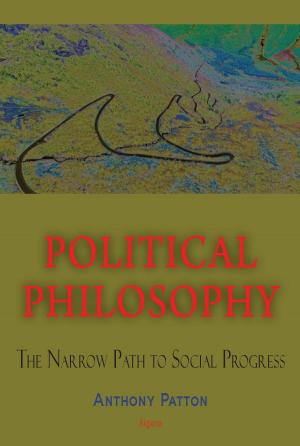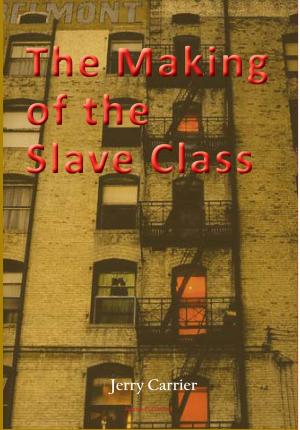The Eminent Domain Revolt:
Changing Perceptions a New Constitutional Epoch
Nonfiction, Reference & Language, Law, Housing & Urban Development| Author: | John Ryskamp | ISBN: | 9780875865263 |
| Publisher: | Algora Publishing | Publication: | December 15, 2009 |
| Imprint: | Algora Publishing | Language: | English |
| Author: | John Ryskamp |
| ISBN: | 9780875865263 |
| Publisher: | Algora Publishing |
| Publication: | December 15, 2009 |
| Imprint: | Algora Publishing |
| Language: | English |
Ryskamp provides an up-to-the-minute report on the law and politics of eminent domain after the Supreme Court's (in)famous Kelo v. New London decision of June of 2005. All the states are just beginning to debate reforming their eminent domain laws, and there is nothing whatsoever on the market which would give them a clue as to how to frame the debate. Legislators are bewildered as to how to proceed.
In the famous Lindsey v. Normet Supreme Court case, 405 US 56 (1972), the Court found there was no right to housing, which is one of the reasons we are in the midst of this eminent domain controversy now. However, the Court made it clear that it was simply the argument which was not convincing, not that such a right could not be found.
This book presents, among other things, a new housing right argument which has not previously been used. However, the dominant theme of the book is precisely the unsettled nature of the law and facts of this controversy.
Readers need to inform themselves and think for themselves. In an area in which public opinion will determine much of the outcome, there are no experts —and public opinion is just beginning to form.
This book is for everyone—from lawyers to planners to legislators to the lay public—who is interested in the eminent domain issue as it plays out in state legislatures, debates and crises around the country. This issue is in newspapers on a daily or weekly basis now. The system simply cannot resolve it.
Legal scholars may disagree about Ryskamp's location of the right to housing (under Fifth Amendment Due Process), but the book will convince many readers that we have to start working to understand the legal principles involved in this controversy.
Ryskamp provides an up-to-the-minute report on the law and politics of eminent domain after the Supreme Court's (in)famous Kelo v. New London decision of June of 2005. All the states are just beginning to debate reforming their eminent domain laws, and there is nothing whatsoever on the market which would give them a clue as to how to frame the debate. Legislators are bewildered as to how to proceed.
In the famous Lindsey v. Normet Supreme Court case, 405 US 56 (1972), the Court found there was no right to housing, which is one of the reasons we are in the midst of this eminent domain controversy now. However, the Court made it clear that it was simply the argument which was not convincing, not that such a right could not be found.
This book presents, among other things, a new housing right argument which has not previously been used. However, the dominant theme of the book is precisely the unsettled nature of the law and facts of this controversy.
Readers need to inform themselves and think for themselves. In an area in which public opinion will determine much of the outcome, there are no experts —and public opinion is just beginning to form.
This book is for everyone—from lawyers to planners to legislators to the lay public—who is interested in the eminent domain issue as it plays out in state legislatures, debates and crises around the country. This issue is in newspapers on a daily or weekly basis now. The system simply cannot resolve it.
Legal scholars may disagree about Ryskamp's location of the right to housing (under Fifth Amendment Due Process), but the book will convince many readers that we have to start working to understand the legal principles involved in this controversy.















